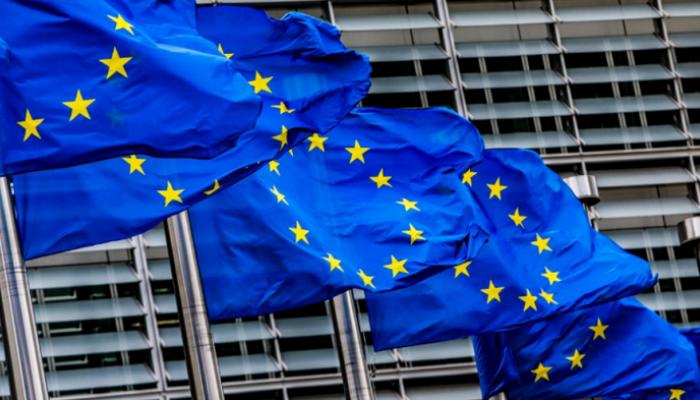Highlight 3/2021 – EU’s Human Rights Sanctions Regime: Symbolic or Effective Governance Tool?
Boris Ohanyan, 29 January 2021

In its foreign and security policy, the EU is increasingly using the tool of thematic sanctions targeted at entities, individuals, and organizations. While specifically designed to deter grave perils, such as terrorism, cyber-attacks, use of chemical weapons, and serious human rights abuses, this tool raises questions as to its effectiveness in European and international governance.
The Global Human Rights Sanctions Regime is the recent landmark restrictive measure of the EU. It underscores the EU’s determination to enhance its role in addressing serious human rights violations and abuses worldwide. Such restrictive measures provide for a travel ban applying to individuals, and the freezing of funds applying to both individuals and entities. In addition, persons and entities in the EU will be forbidden from making funds available to those listed.
In 2019, the EU adopted a legal framework for targeted restrictive measures against cyber-attacks, and in 2020, these restrictive measures were applied to six individuals (two Chinese citizens and four Russians), accused of cyber-attacks against European targets, as well as three organizations, one each from China, North Korea, and Russia (namely, a unit within the General Staff of the Armed Forces of the Russian Federation).
Addressing this initiative in a declaration, High Representative Josep Borrell said: ‘The measures follow the European Union and member states consistent signalling and determination to protect the integrity, security, social wellbeing and prosperity of our free and democratic societies, as well as the rules-based order and the solid functioning of its international organisations.’
Importantly, these types of restrictive measures do not raise same problems as secondary sanctions applied for example by US and China, and they do not punish the general population for acts of governments. Moreover, as these sanctions do not target governments, their use can potentially be less politicized and thus more effective. Overall, the increased use of these measures is sensible and justified, and it signals EU’s stronger determination to be a major player in international governance in sensitive and prime areas of human rights, cybersecurity, fight against terrorism, and prohibition of chemical weapons use.
The key issue, however, is whether EU will manage to use these sanctions frequently and systematically rather than in specific cases. Also, as some of the targeted organizations will often be linked to governments and political elites, the politicization of such sanctions could ultimately be inevitable and thus counterproductive for the protection of human rights and the fight against terrorism. It is also still unclear whether the list of matters for which such sanctions apply will include corruption and abuses of other rights in the broader human rights catalogue. Lastly, it is arguable whether these measures help address the core or the symptoms of problems in the chosen areas.
Political will inside the EU will be the key that can turn this deterrence tool into an effective governance mechanism for an increased role of the EU in protection of human rights globally and of its own security.
Boris Ohanyan, EU’s Human Rights Sanctions Regime: Symbolic or Effective Governance Tool?, Highlight 3/2021, available at www.meig.ch
The views expressed in the MEIG Highlights are personal to the author and neither reflect the positions of the MEIG Programme nor those of the University of Geneva.
